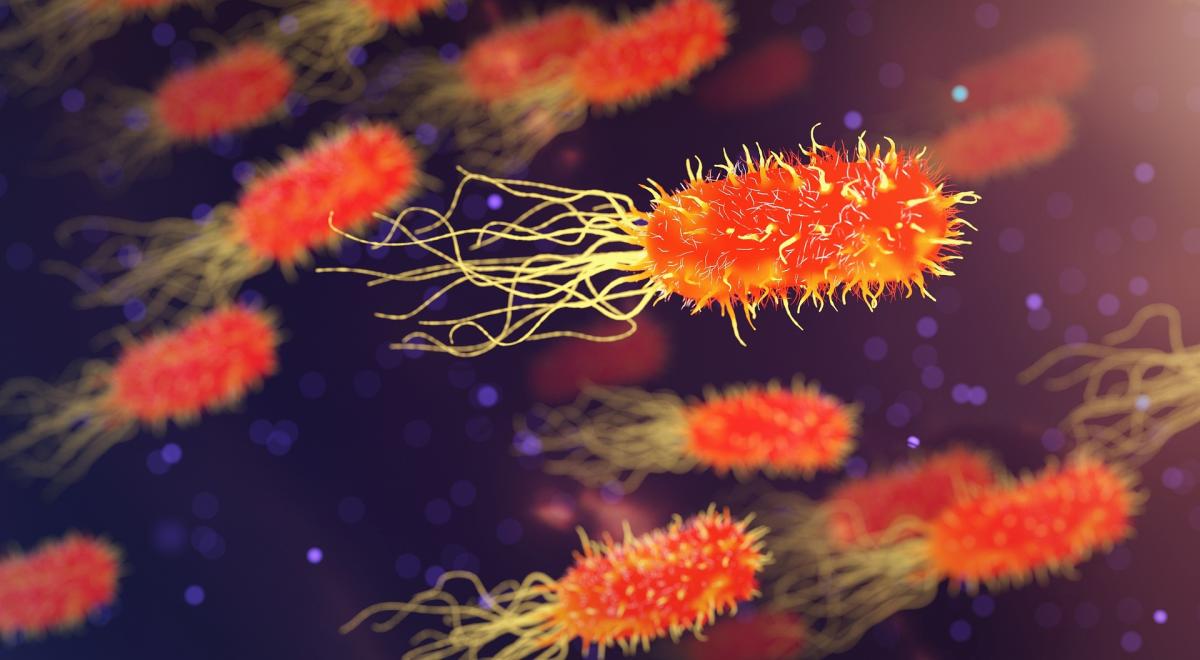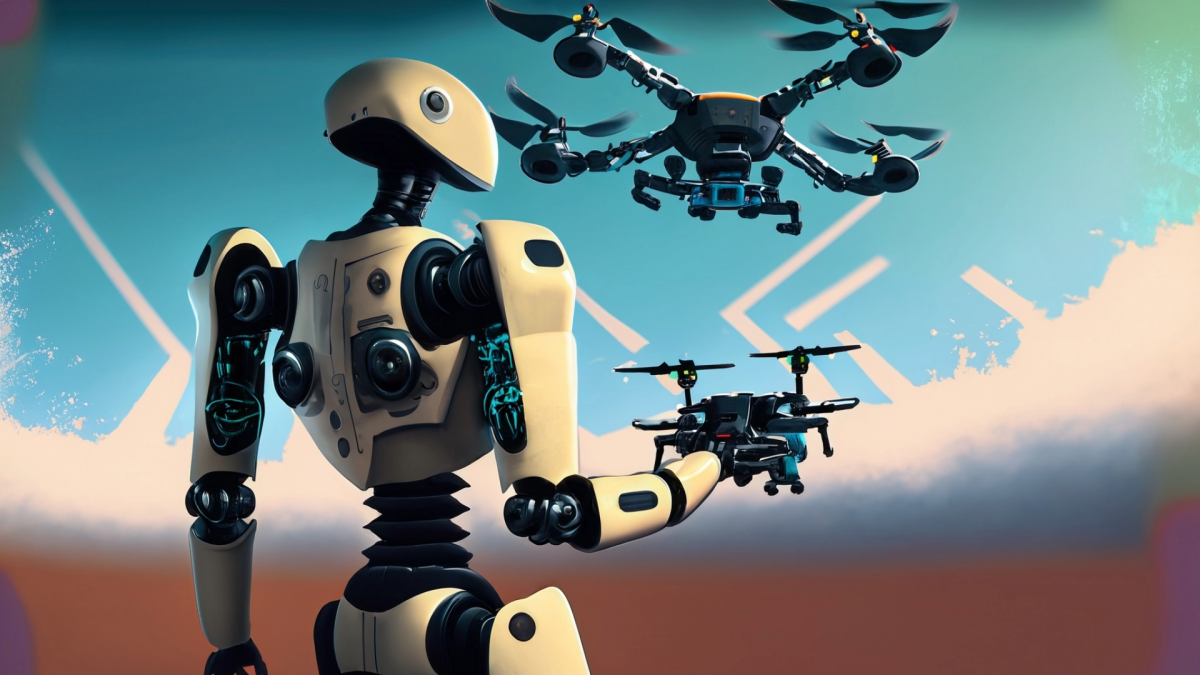
Grades:
9th Grade, 10th Grade, 11th Grade, 12th Grade
In studying science, we are limited by the bounds of our own senses when collecting data. By developing technology that allows us to enhance and extend our senses, we can study things we would not






